I recently watched screenwriter John Orloff’s Anonymous, which has dragged out the tired old debate about whether William Shakespeare was really William Shakespeare.
He was or not he was. That is the question.
In this piece of ludicrous fluff, Edward de Vere writes A Midsummer’s Night’s Dream as a nine year old - as you do - and goes on to pen all Shakespeare’s masterworks in between fomenting rebellions, and when he dies he leaves enough masterworks under the sofa cushions to fuel another decade of Shakespeare’s canon.
Now I’ve nothing against historical fiction. I write it and I love reading it. But my question to you is this: how much should we mess with our history in order to create a story about it?
Two of my favourite historical movies are Gladiator and The Last Samurai, and I admit they play a little fast and loose with the truth at times. But we have to give writers latitude, don’t we?
I once took Braveheart to task in a post over its historical inaccuracies and the wonderful Michelle Miller (http://thetruebookaddict.blogspot.com) reminded me that she thoroughly enjoyed that movie and it didn’t matter about certain inaccuracies if people were moved enough by the feature to check on the real history afterwards. (As opposed to what happens in history lessons at school when we’re moved to take a completely different subject instead.)
And she was right. But I think that if you propose a new historical theory then you should get your facts straight and this one is a mess.
| all the William Shakespeares via Smatprt |
What I find offensive about this movie is that it champions the idea that brilliance is only born of superior education, breeding and experience. It’s a perfectly English way of looking at things. I was born in London, I still go there a lot, and it still strikes me that the caste system is as much alive in Albion as it is in India.
The movie coat-tails the ‘Oxford theory’ that de Vere was the author of Shakespeare’s plays. The idea has been doing the rounds since 1920, when an English scholar, the poignantly named Thomas Looney, first brought it before the world. It’s such a stupid idea it’s not worth refuting here.
But what really troubles me is that these Looney theories smudge what we might learn about writing and the creative imagination from the son of a Brummie glover; first, the power of research. Critics say that a commoner like Shakespeare could not have known so much about the royal court. They seem to forget his patron, friend and - some suggest - his lover, was the Earl of Southampton, Henry Wriothesley, one of the highest courtiers in the land.
How could a country boy have known so much - or so little - about foreign travel, for example? When Valentine, in Two Gentlemen of Verona, sailed from Milan to Verona, I cringed in embarrassment for his ignorance of geography. And yet I later discovered that in those days people really did travel around Italy by an extensive system of canals. In fact, Henry Wriothesley was so taken with them that he dug his own canal at Titchfield.
So he was an excellent researcher. Second, Shakespeare loved words. He loved them so much he invented more.. Here are some of them: birthplace, bloodstained, disheartened, lonely, lustrous, moonbeam, remorseless, tranquil, and undress. We still use these and many others every day.
And there’s this; there is a word in Warwickshire parlance for the shadow formed by the small pile of earth created when a plough turns at the end of its run through a field. Shakespeare knew it and used it. Great writers seem to draw on their own unique past to enrich their writing.
But I think what we can learn best from Shakespeare, the commoner, the chav, is knowing our audience. In the Elizabethan theatre of the time he had to entertain everyone from the aristocrats in the two shilling cushion seats to the one penny groundlings. And he could do it because he was friends with dandies like Wriothesley while drinking with the boys in the inns of Bishopsgate and Southwark.
Yes, he understood the manners of the royal court, and yes he could write in iambic pentameter; but in every play he also included obscene skits to entertain the tarts and the apprentices in the pit, which is why just recently a Coventry teacher dragged his charges out of a performance of Midsummer’s Night Dream, covering their eyes and expressing a somewhat naive horror that the Bard was a bawd.
I don’t know about you but I don’t care much for privileged genius. I’ll never be that. I’ll never be Shakespeare either. I just like that he was a boy from the wrong side of the tracks who made good because, among many other things, he understood his audience so well. Just give me a tiny bit of that.
So much for ‘Anonymous.’ I don’t think that as a piece of writing it will ever challenge King Lear. But then I suspect that John Orloff didn’t really write the screenplay, as it says on the credits. I think there’s a conspiracy. I think it was actually Prince Phillip.

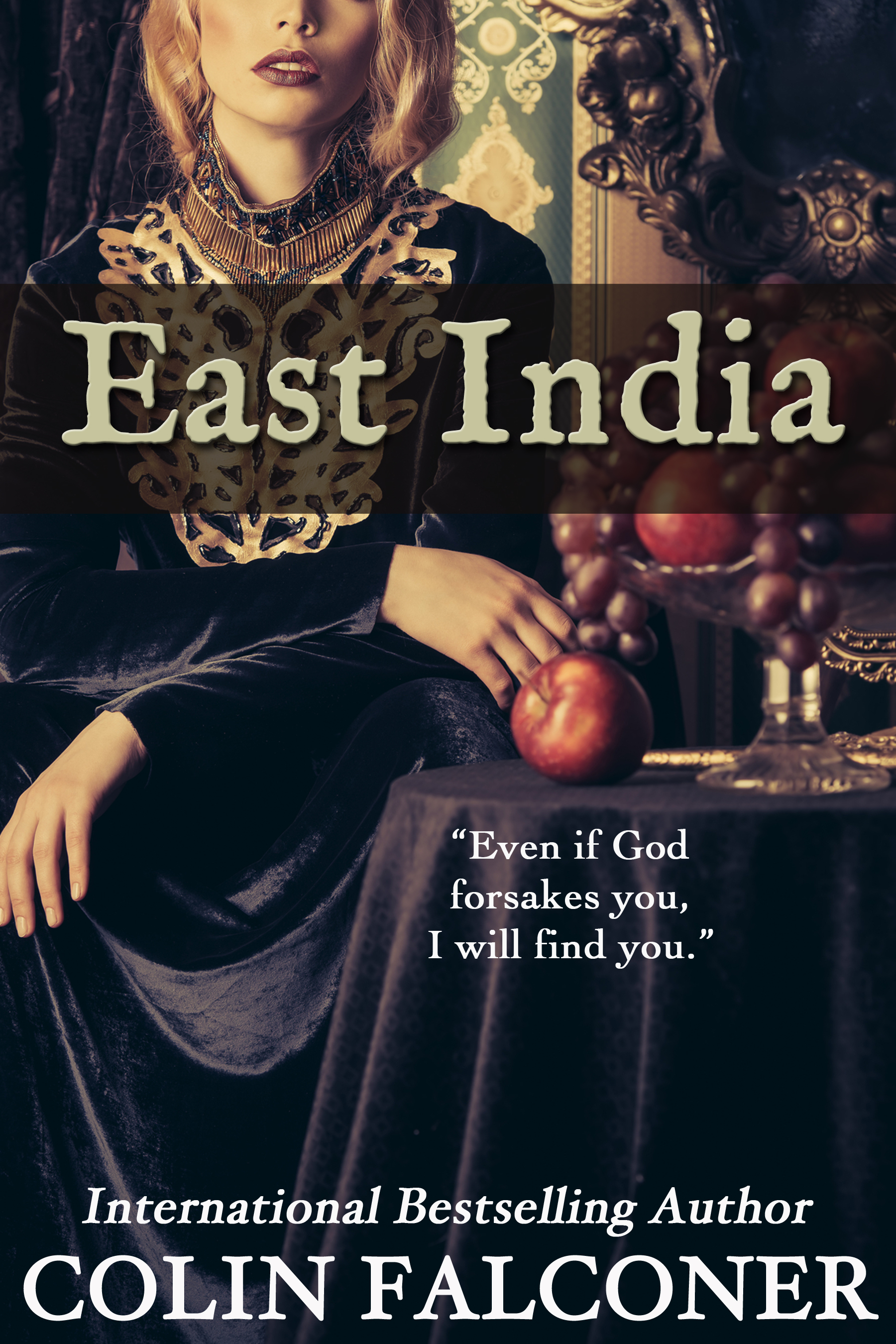
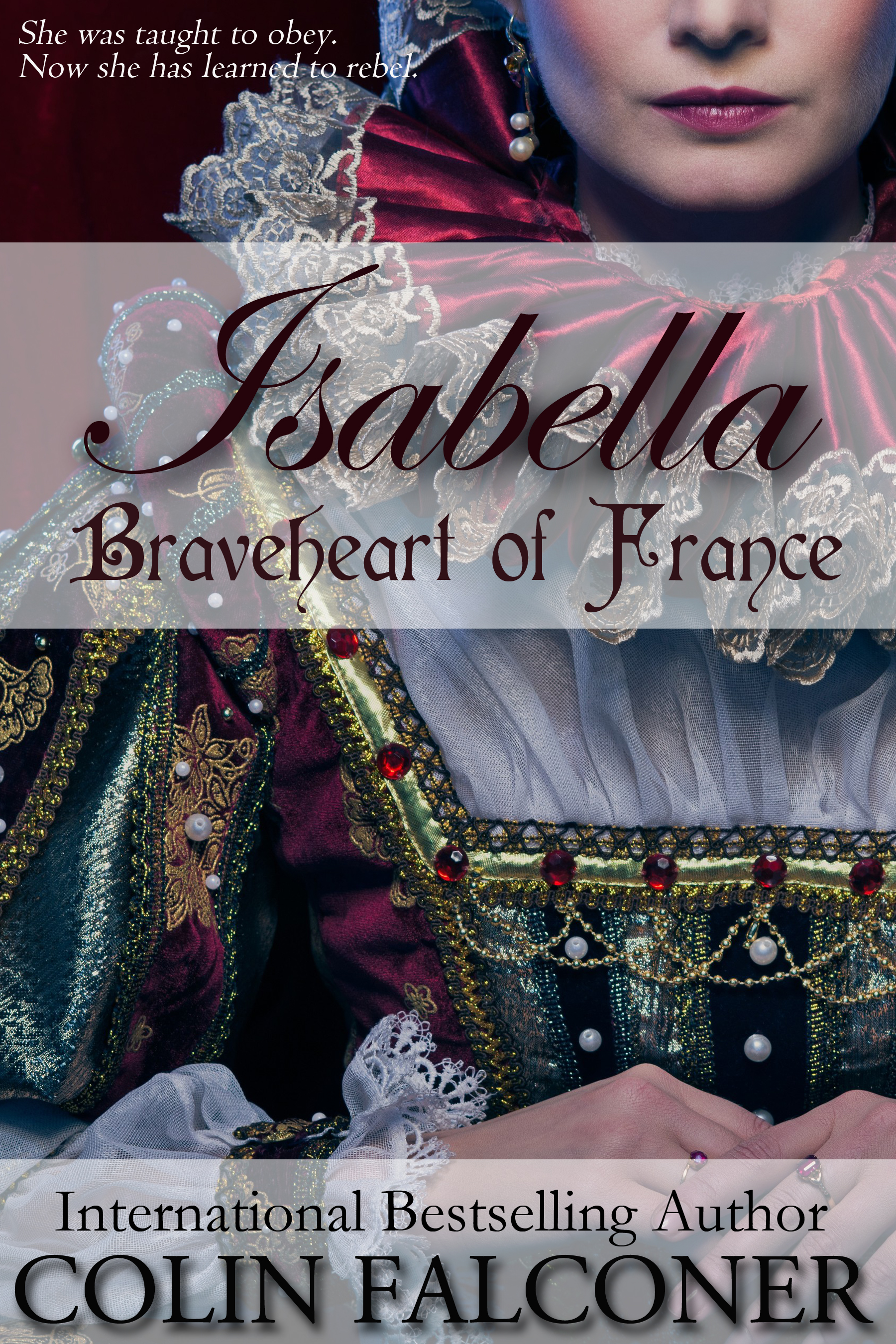
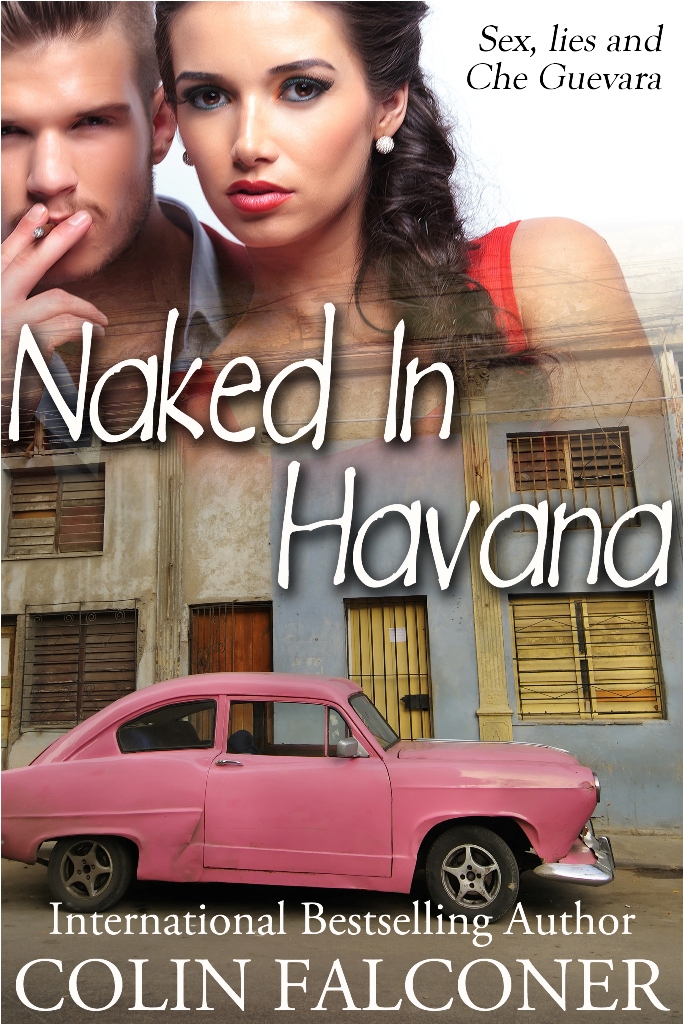
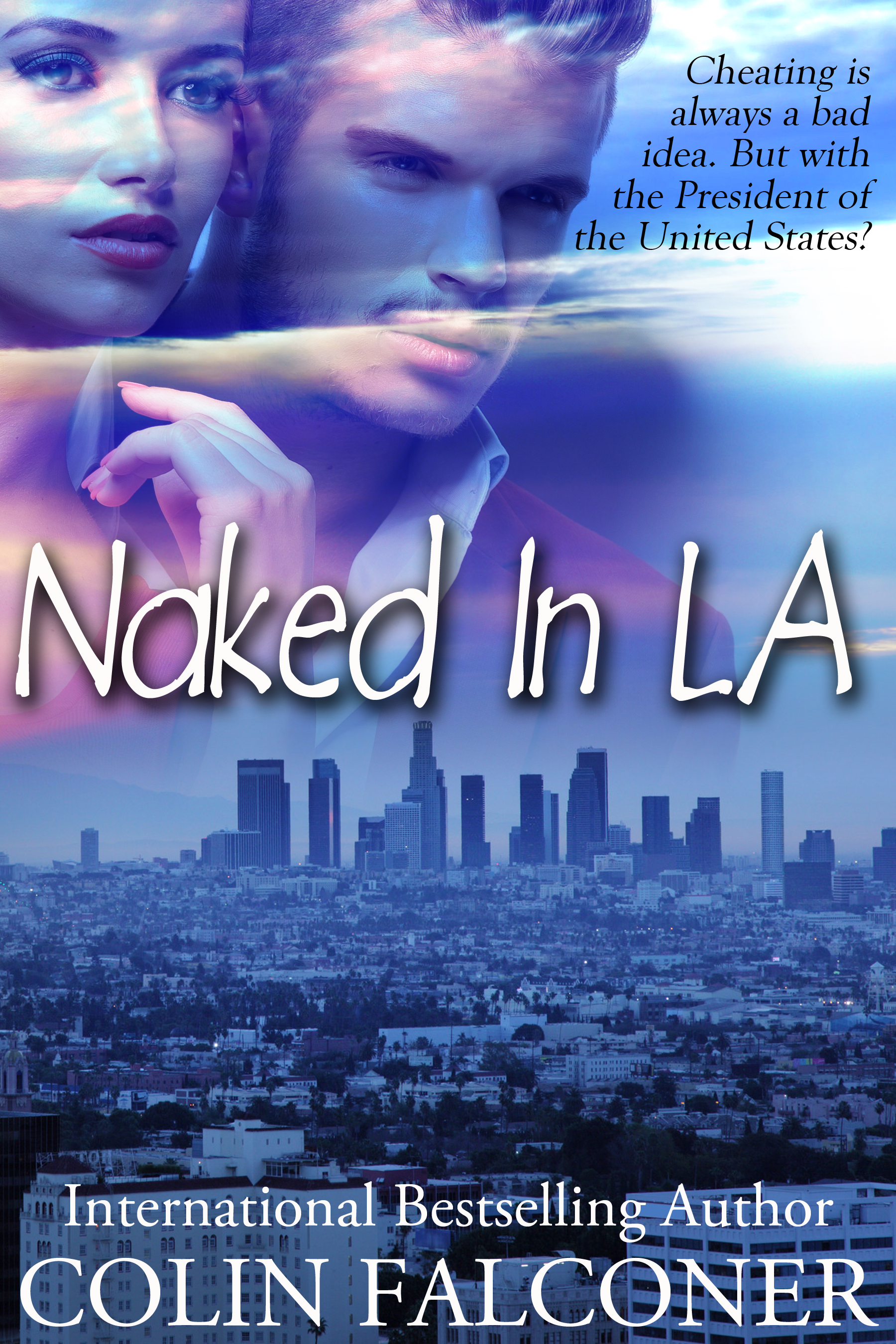
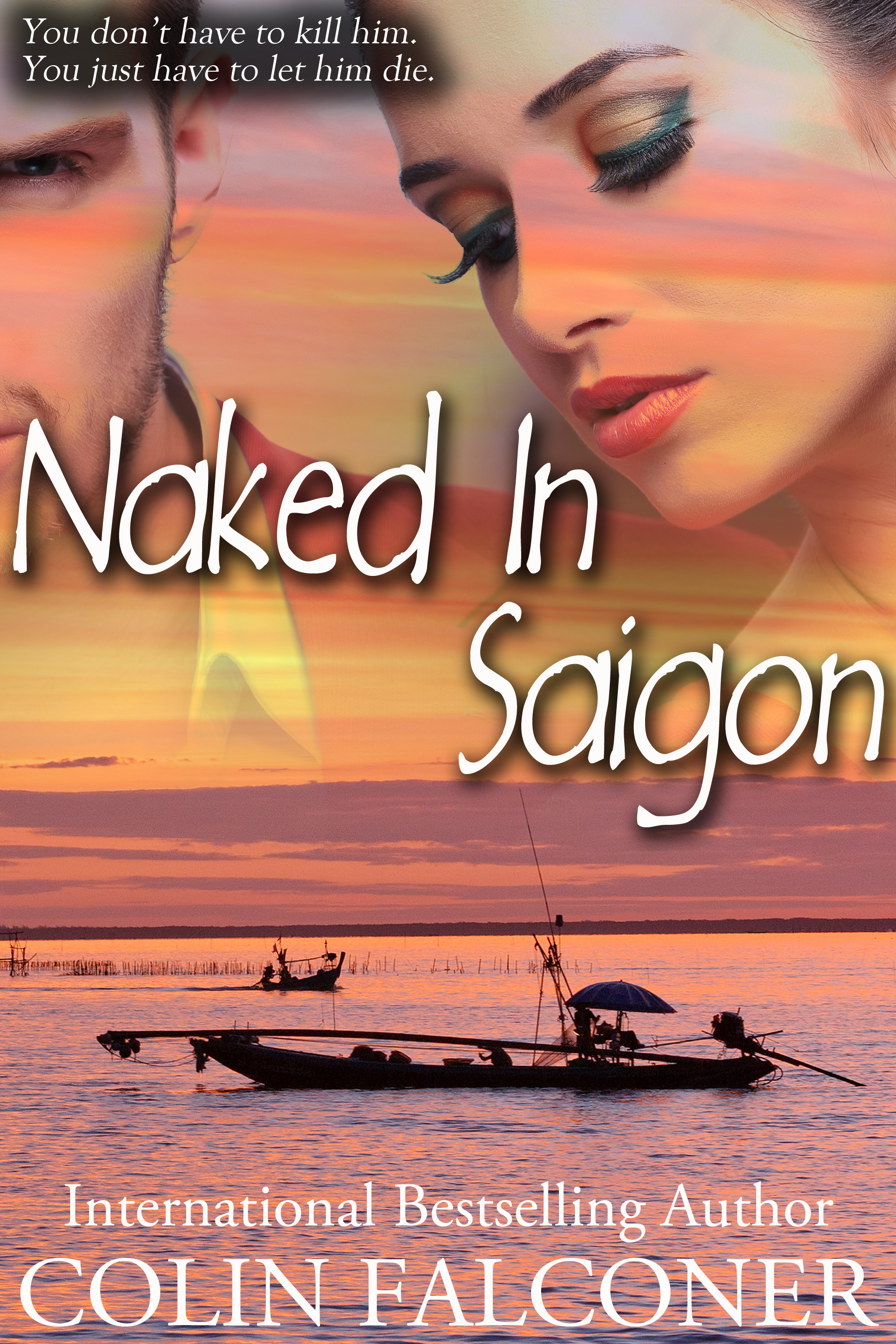
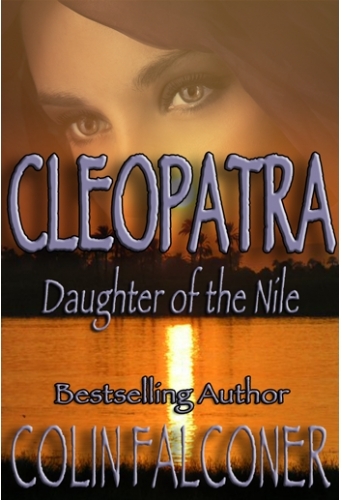
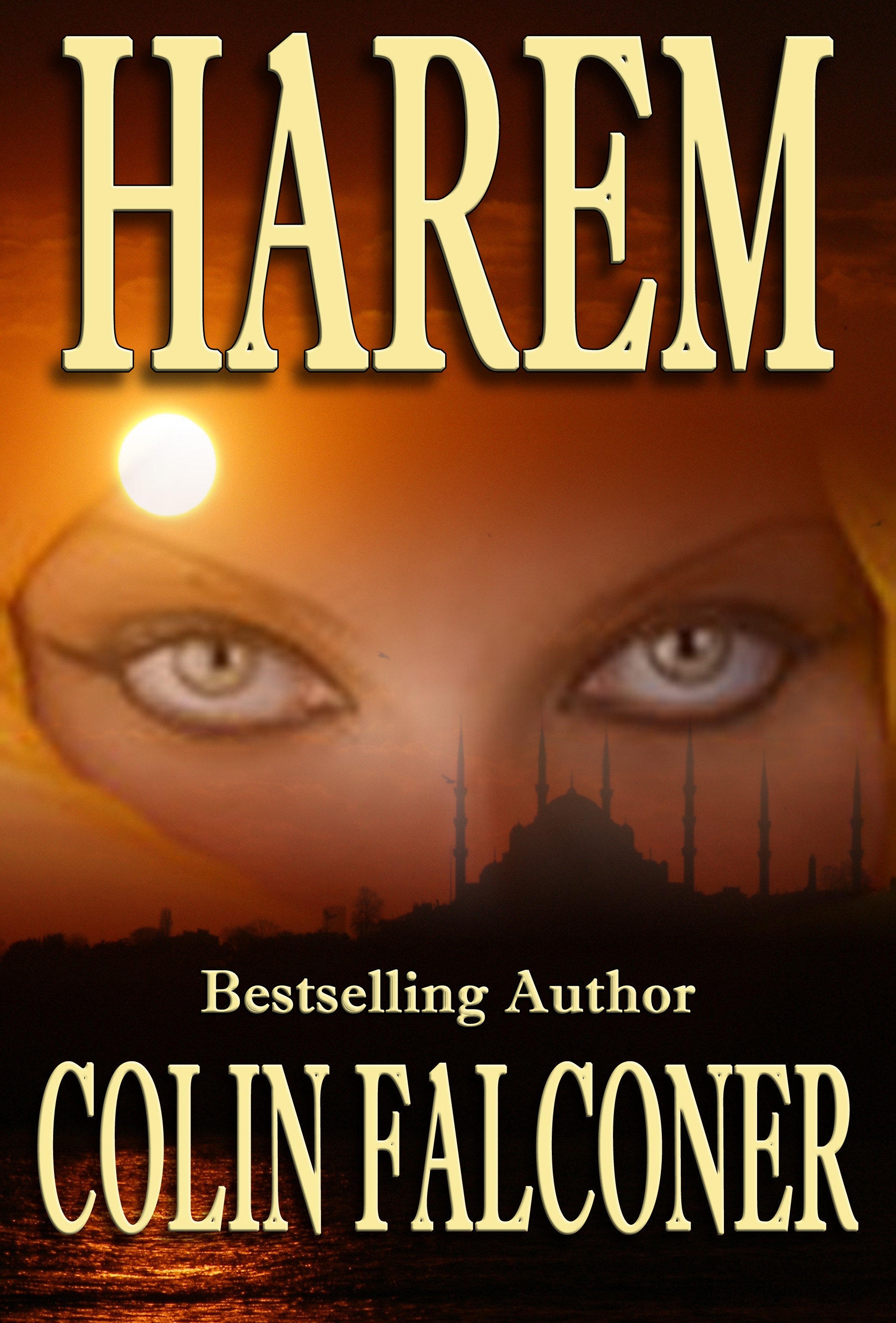
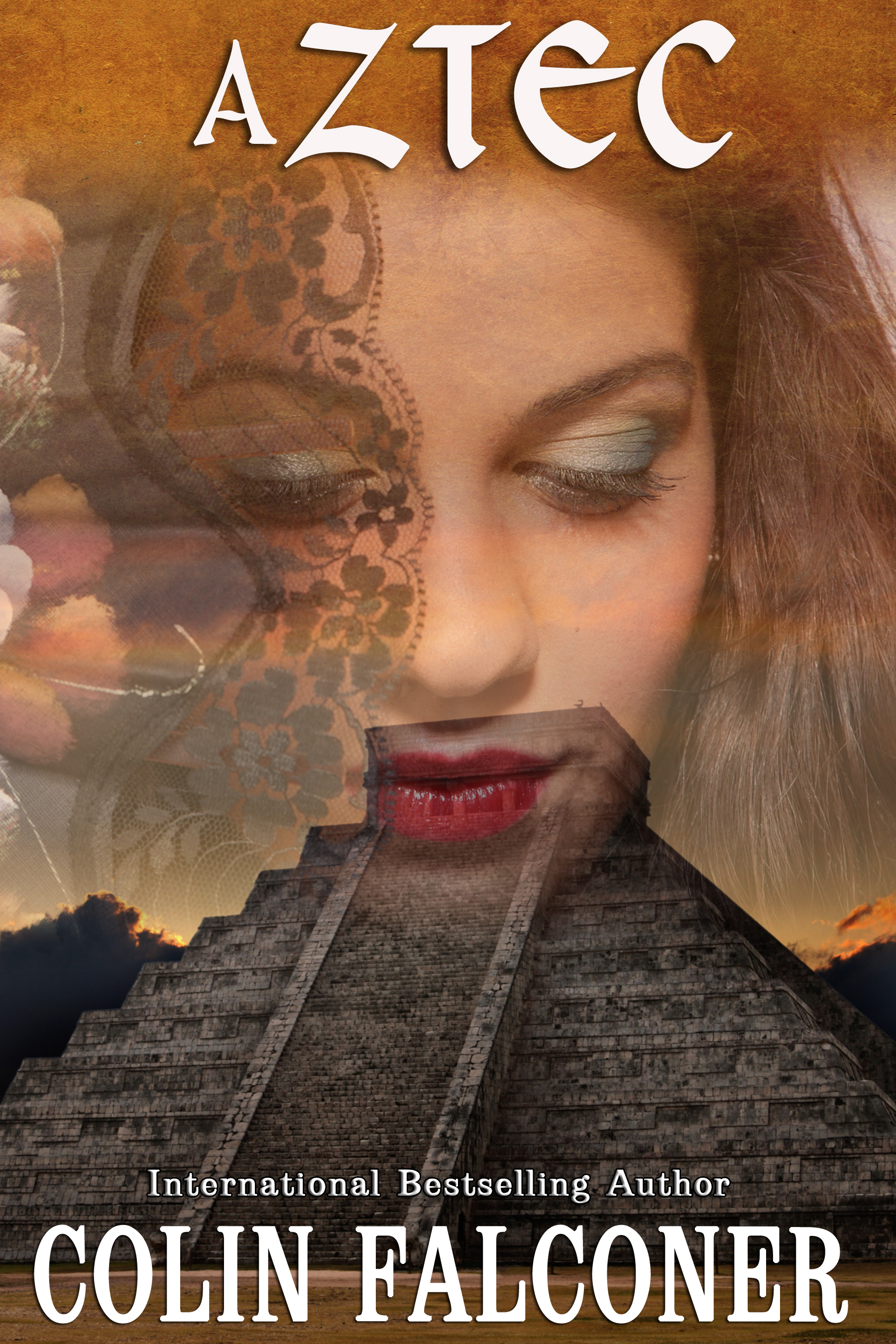
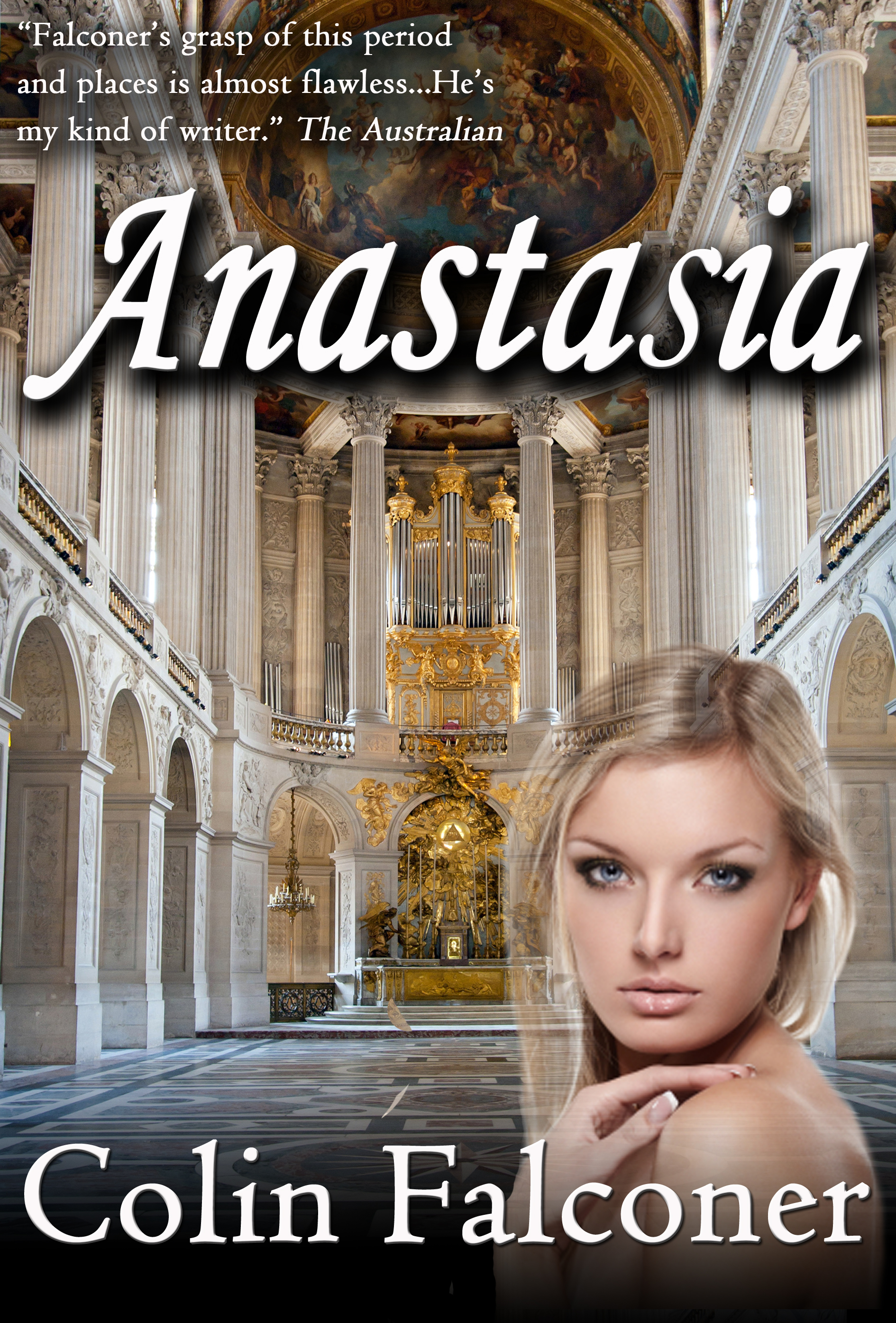
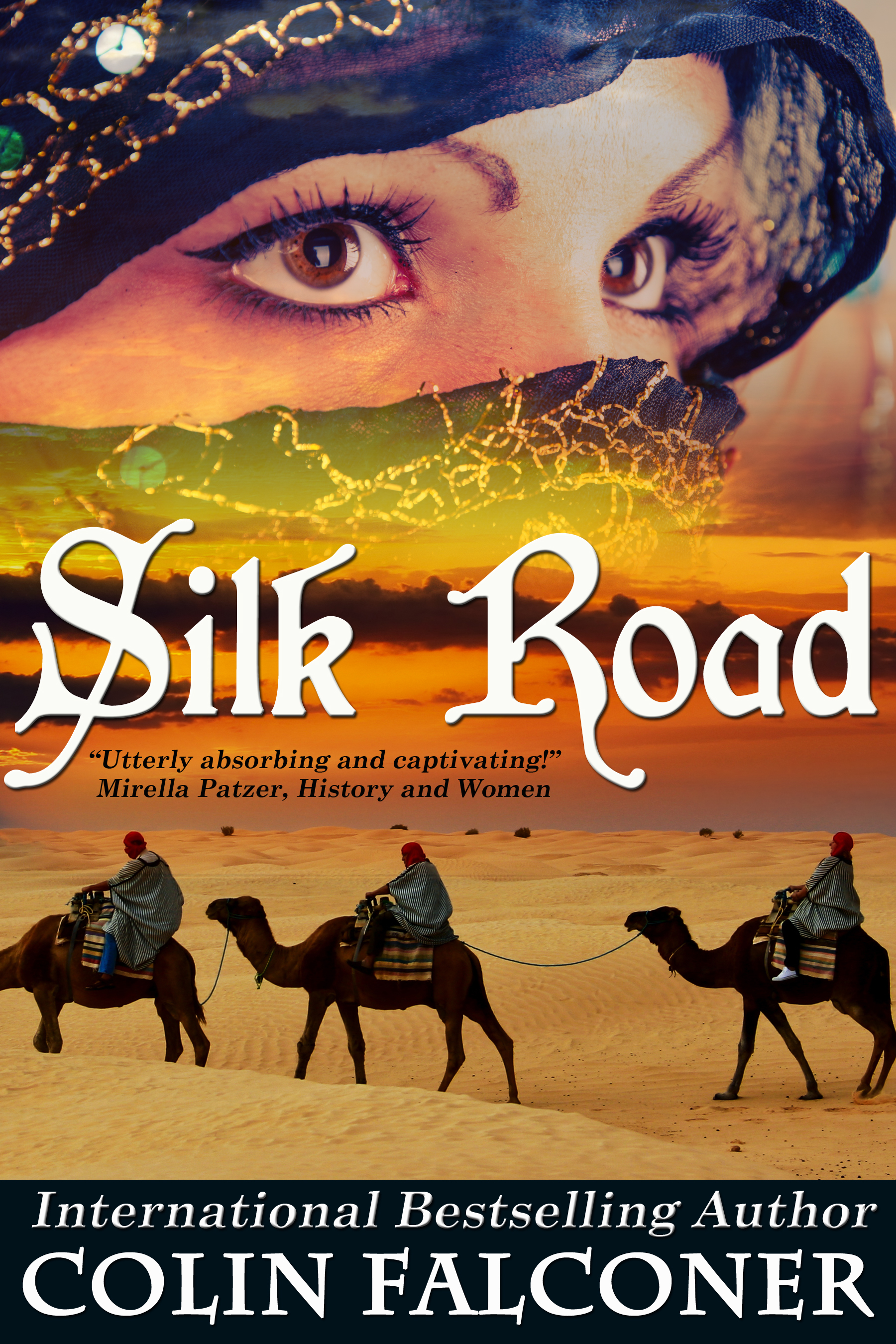
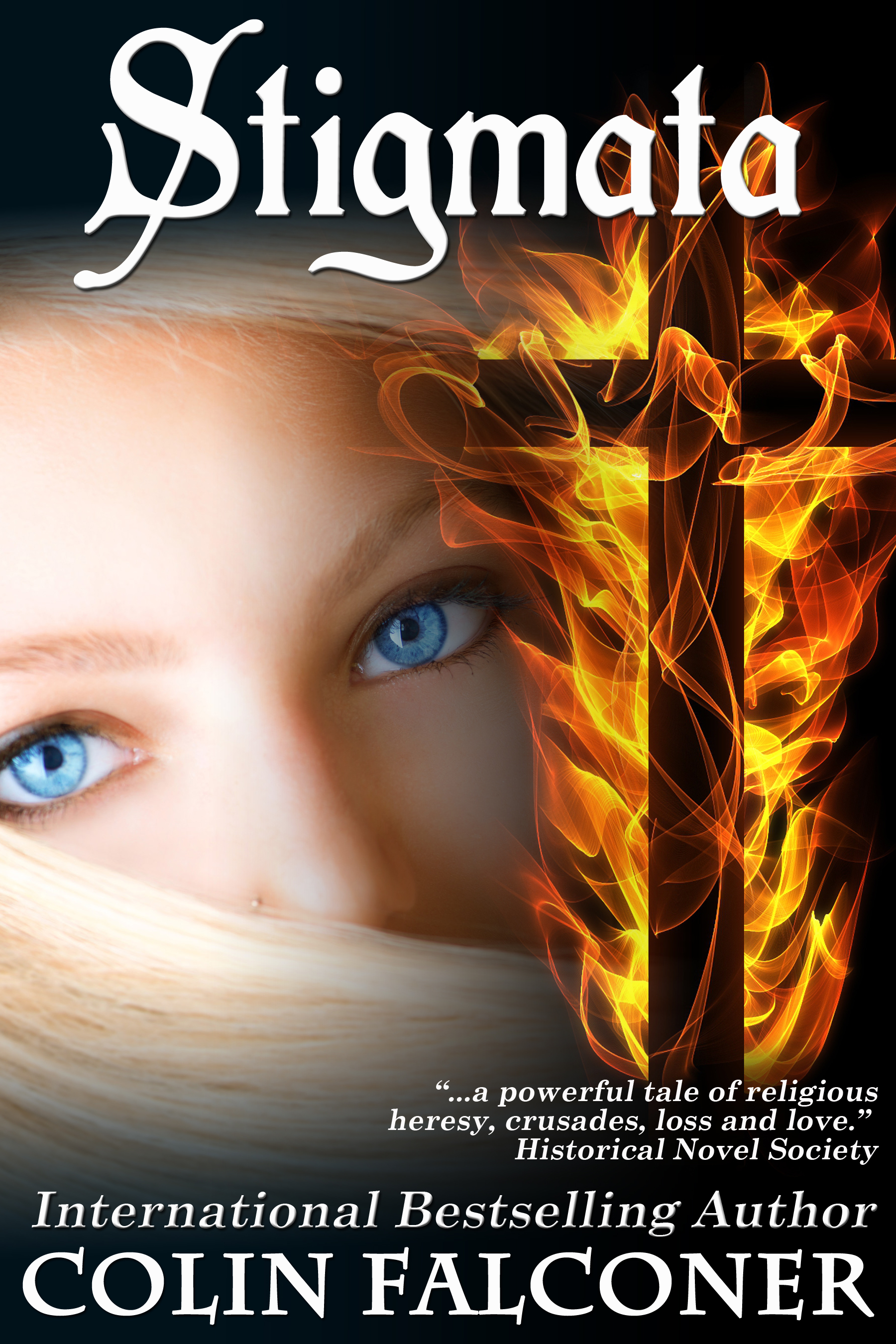
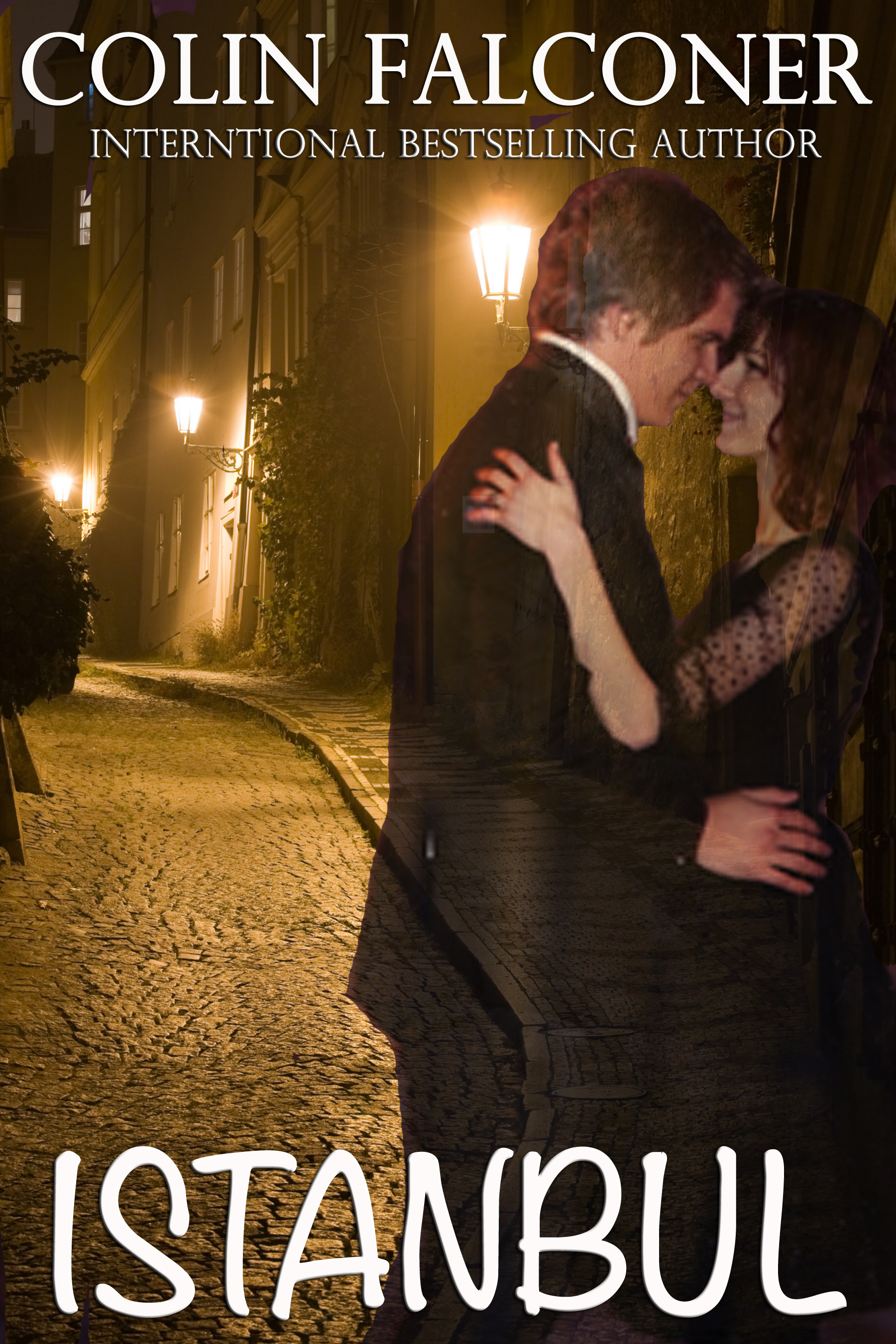

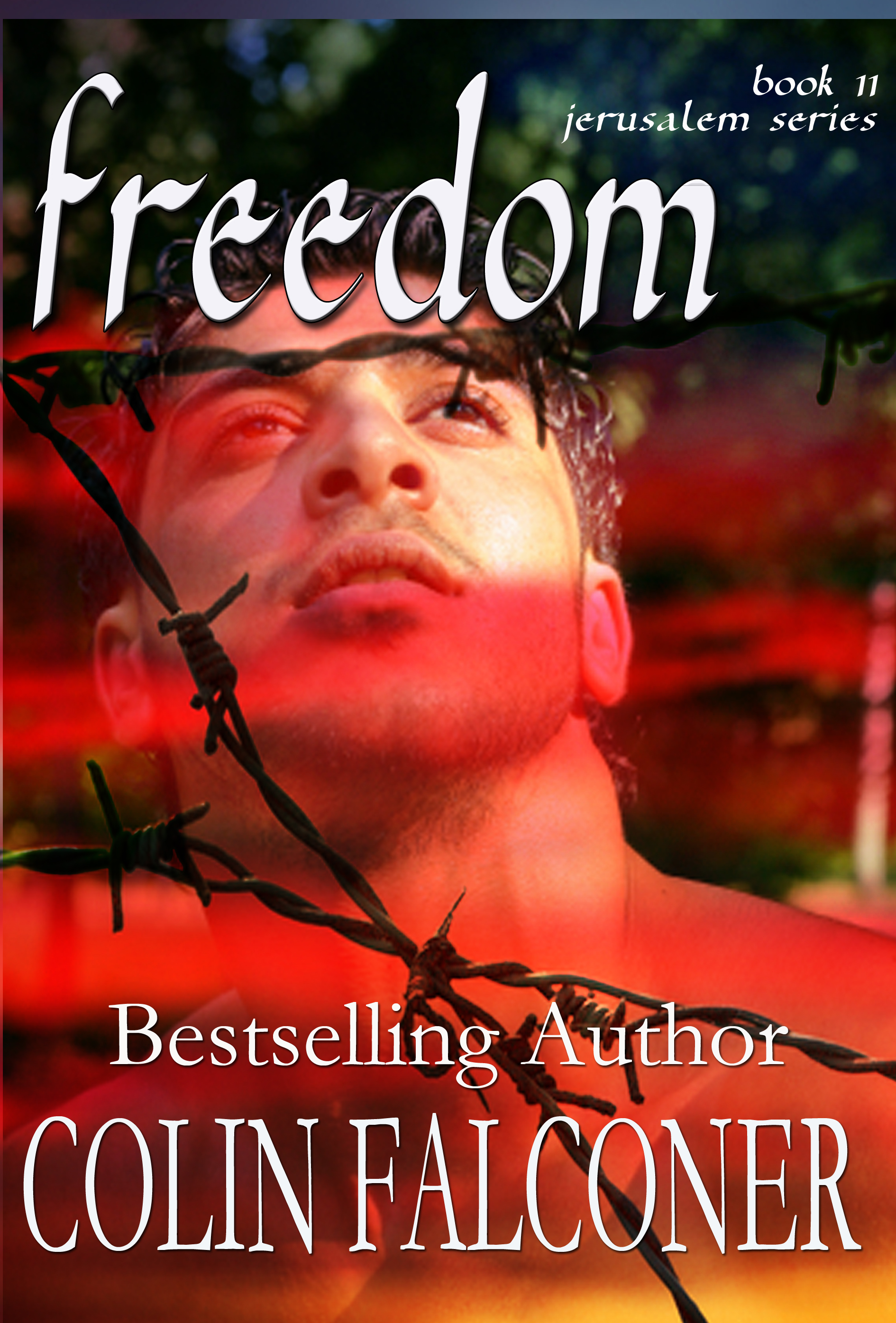


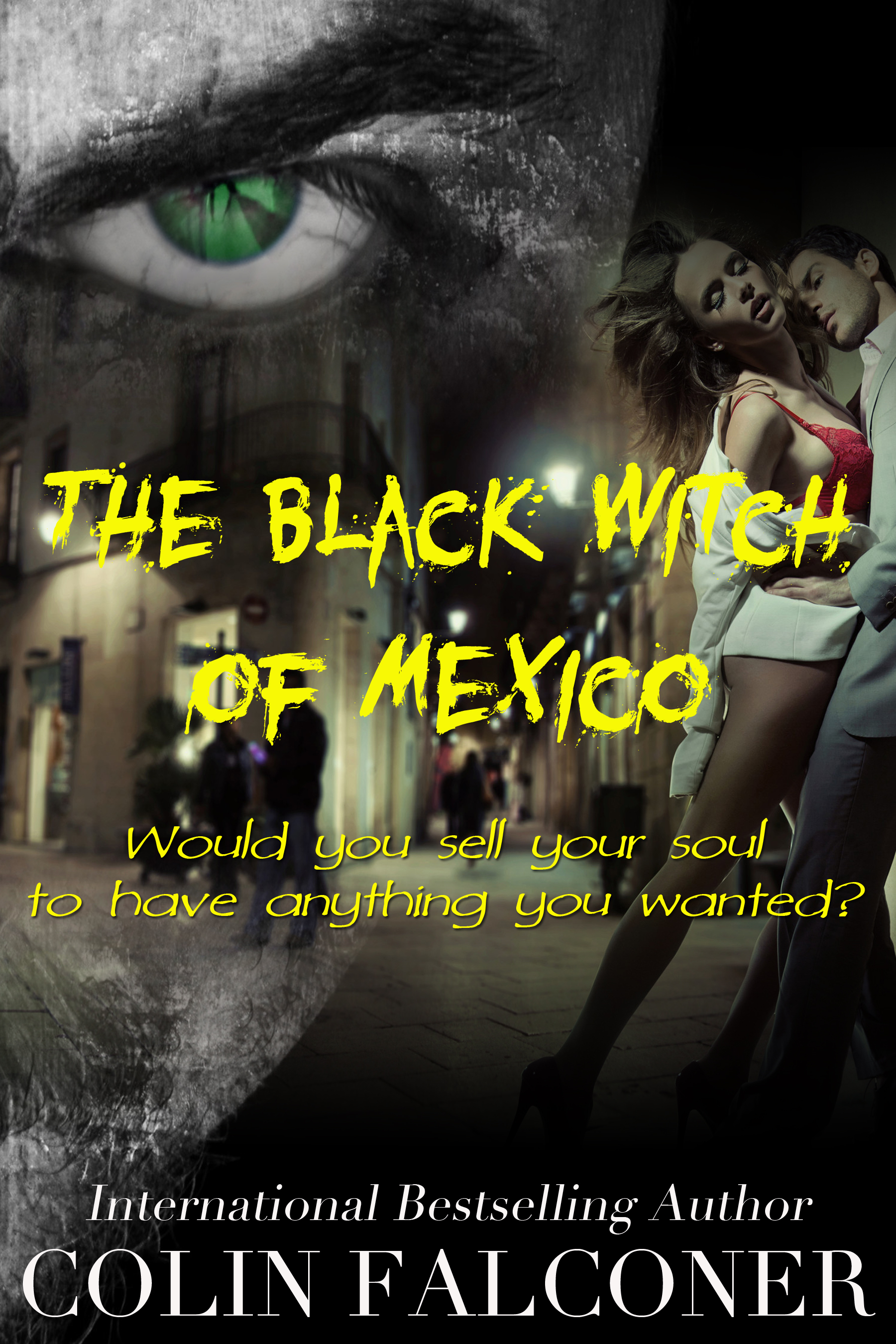

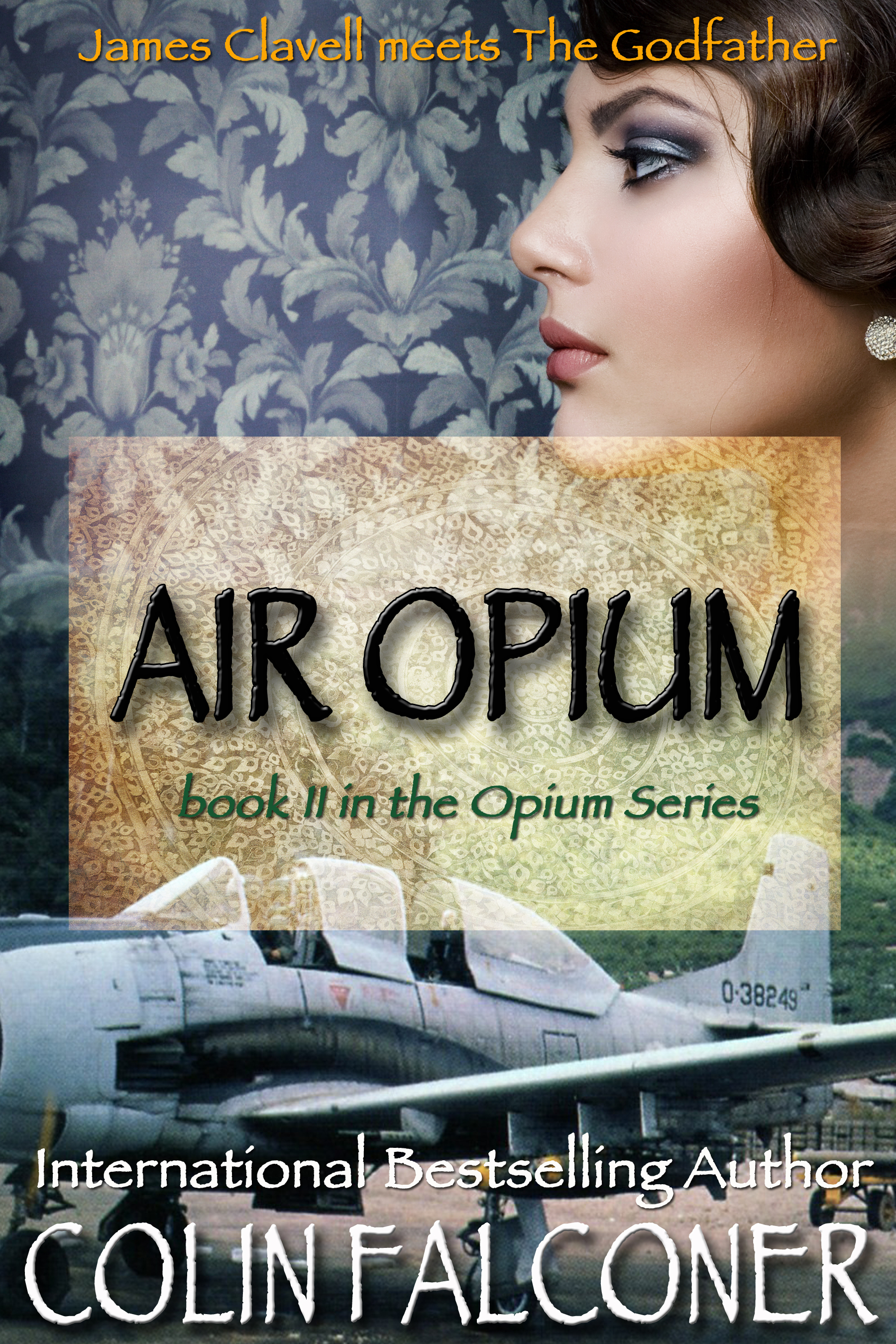
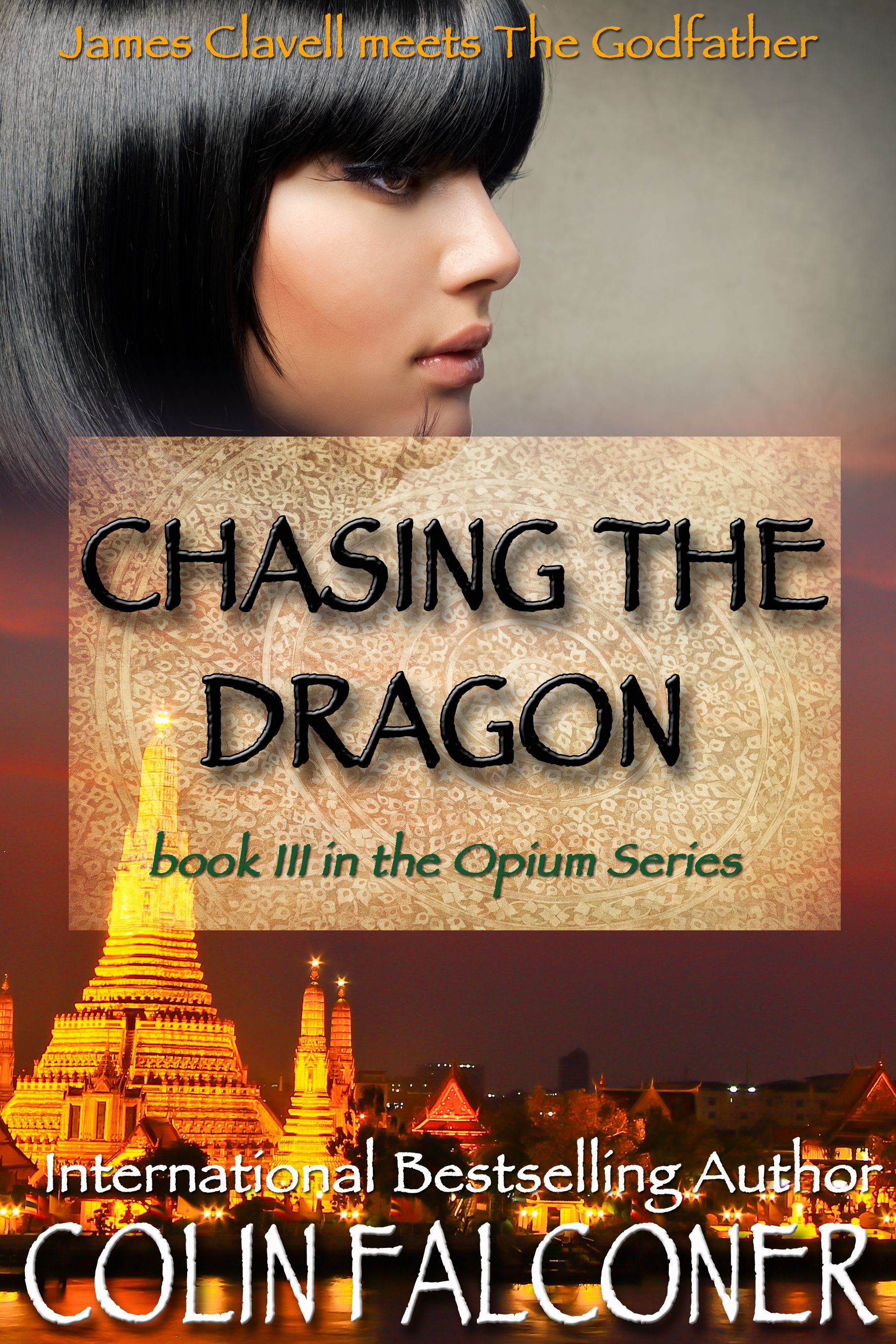
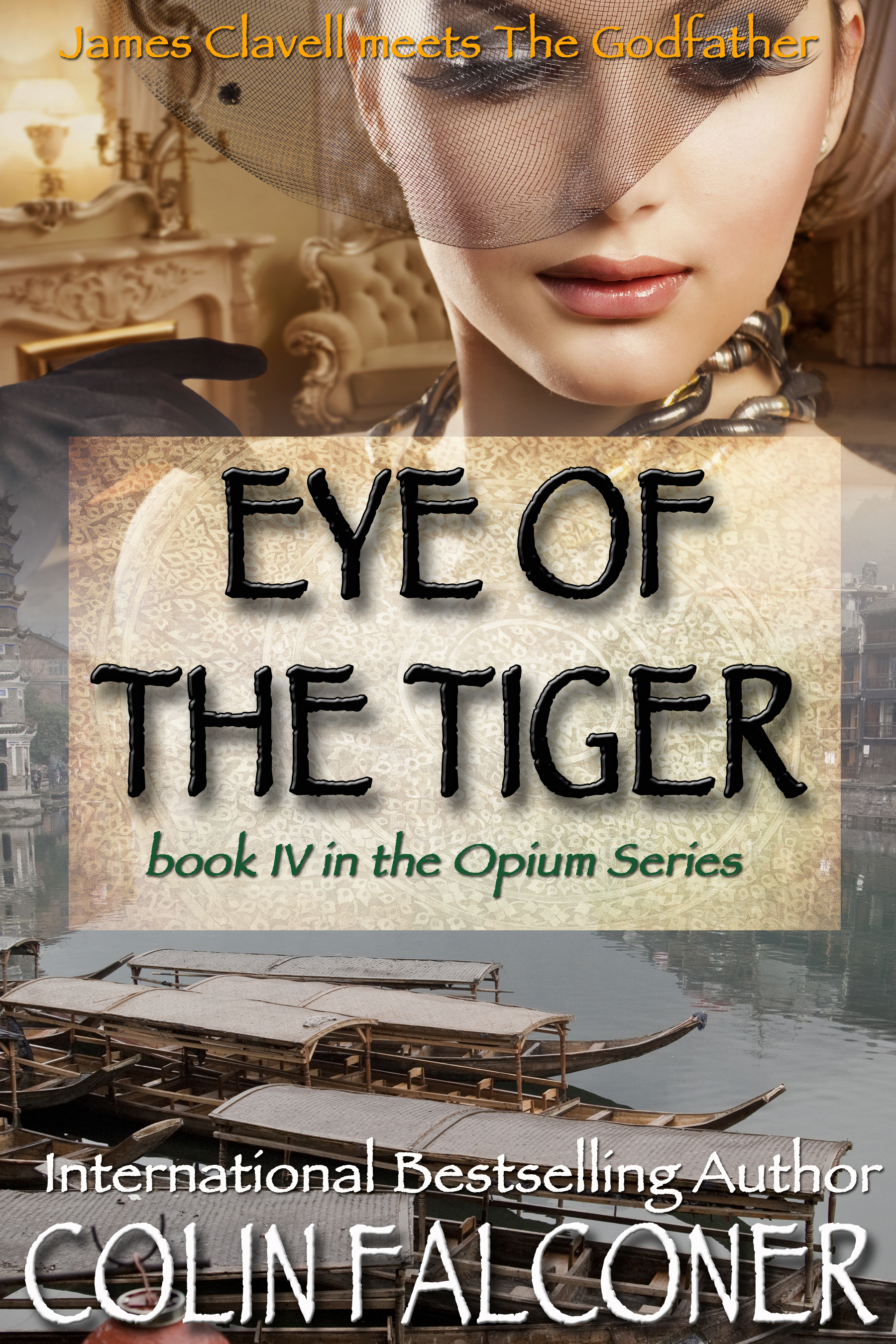
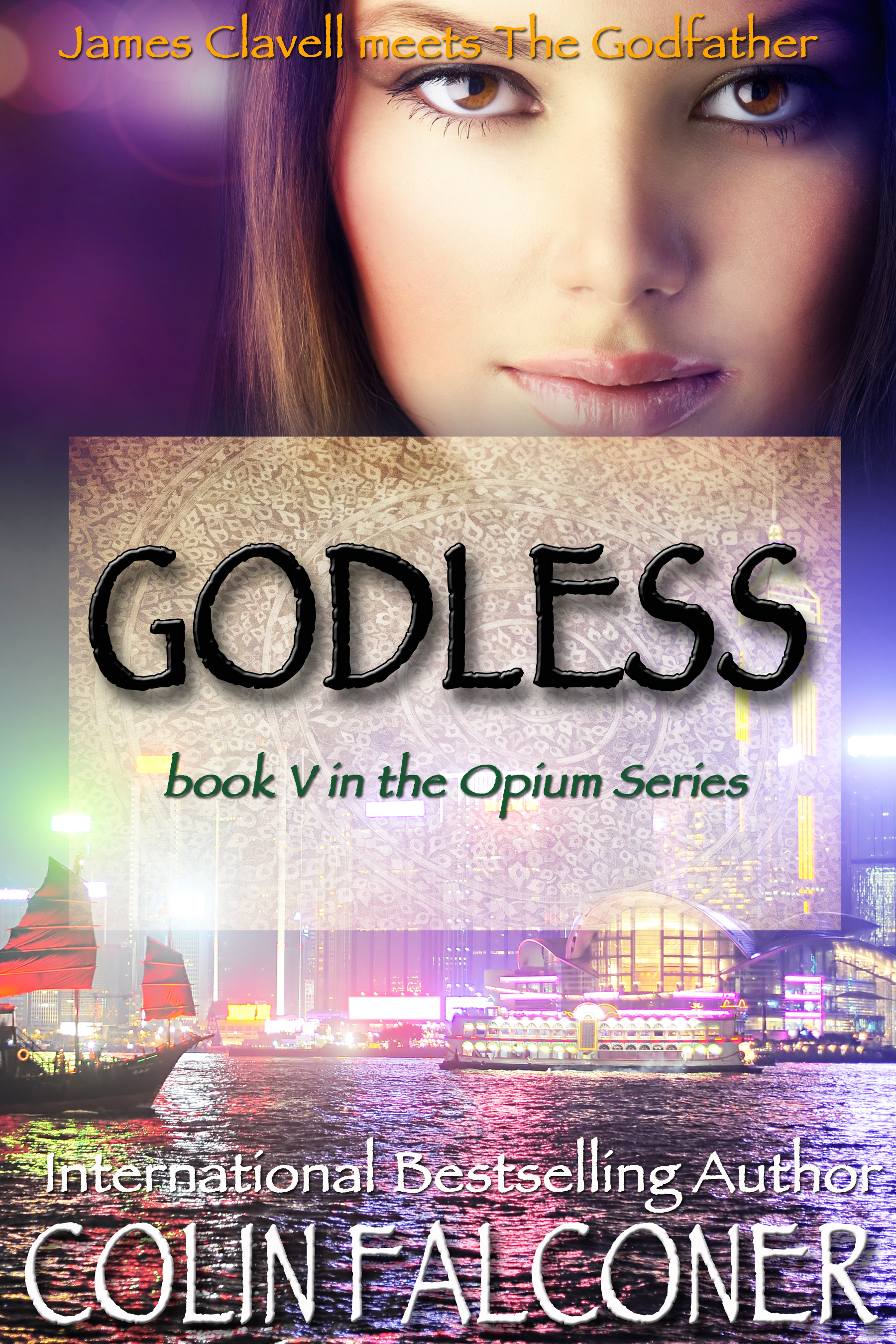
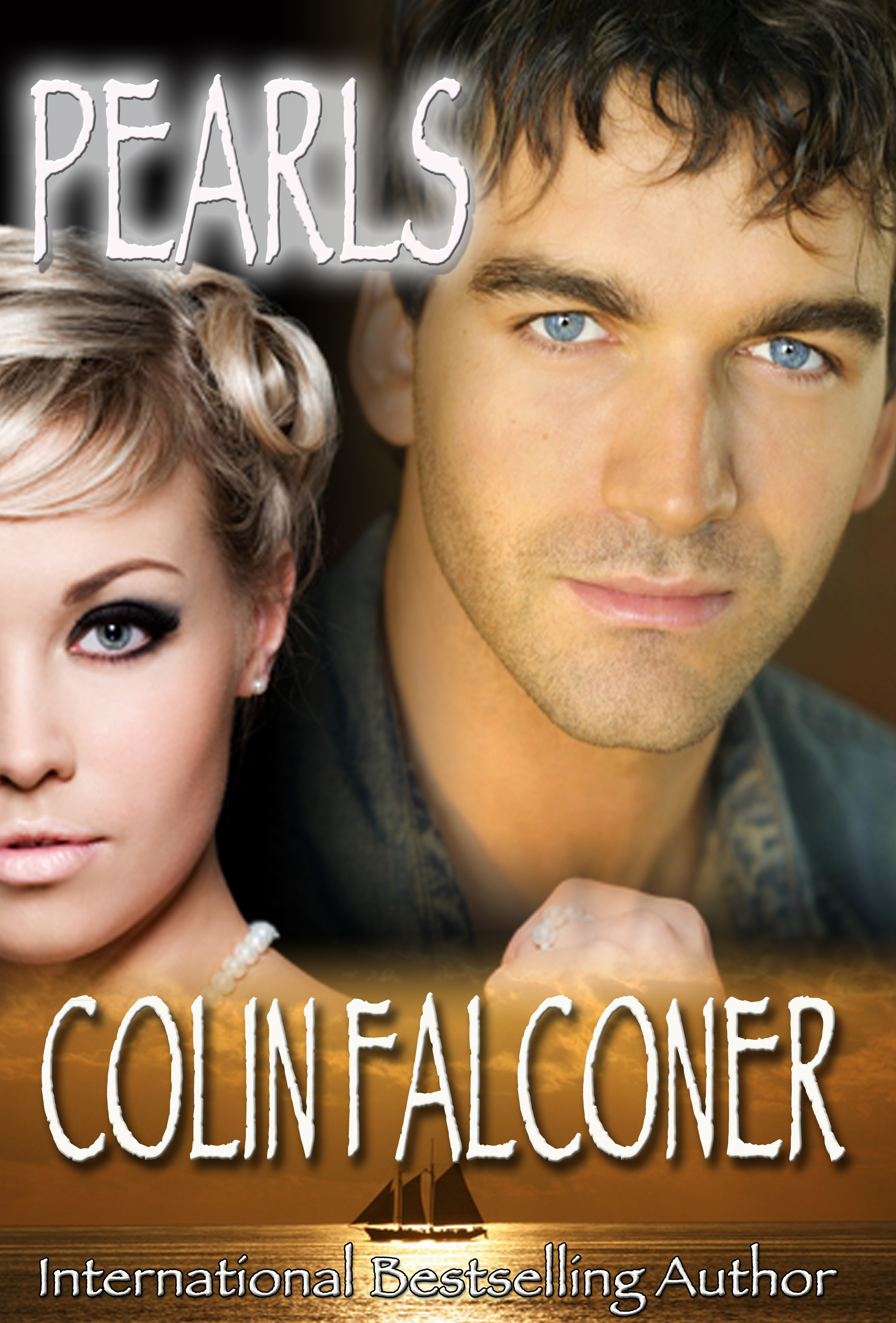

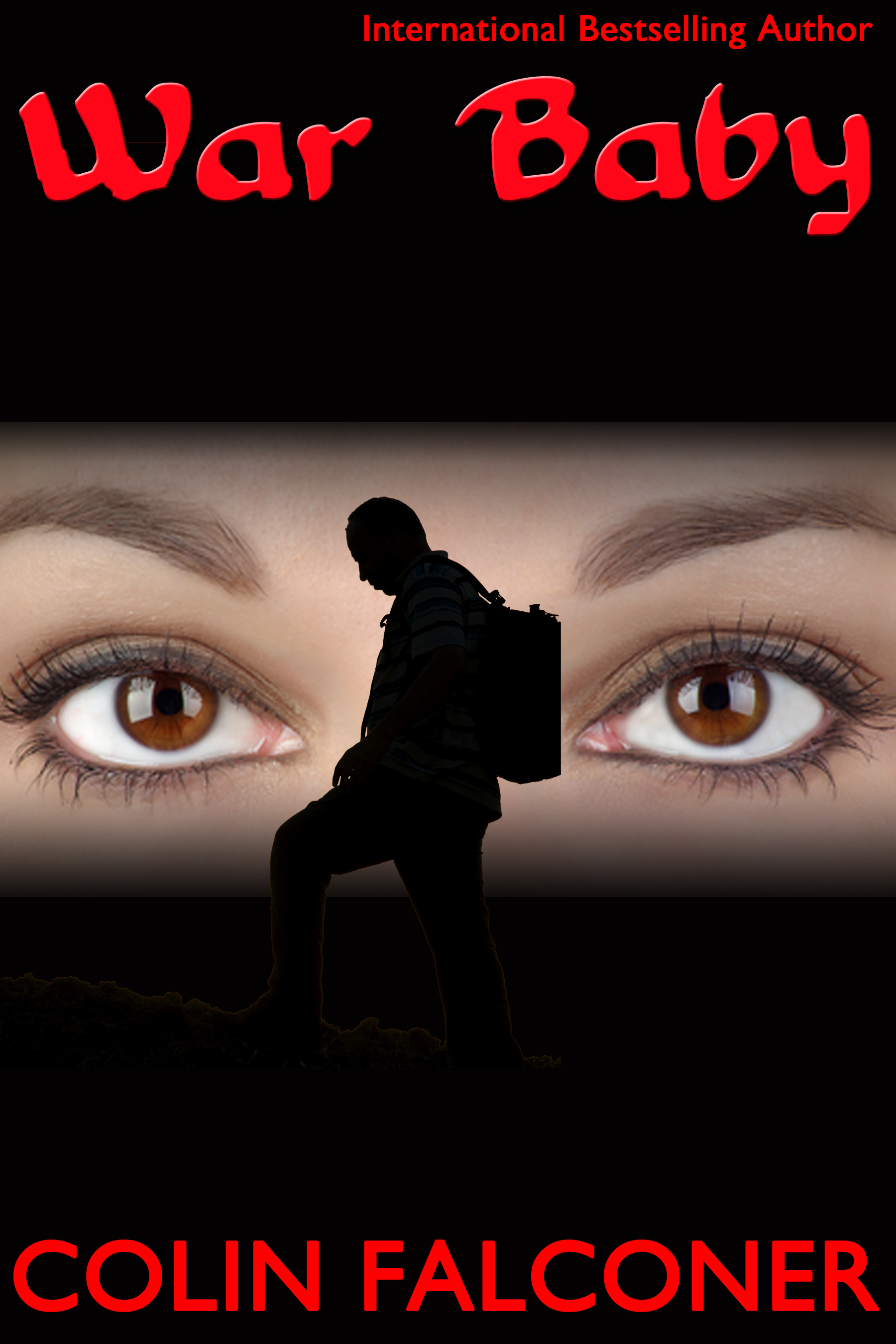
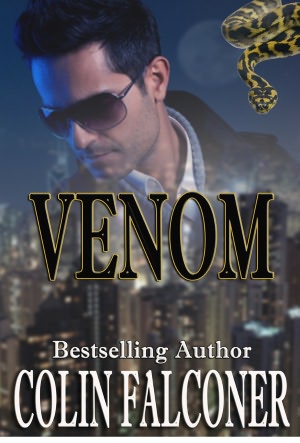
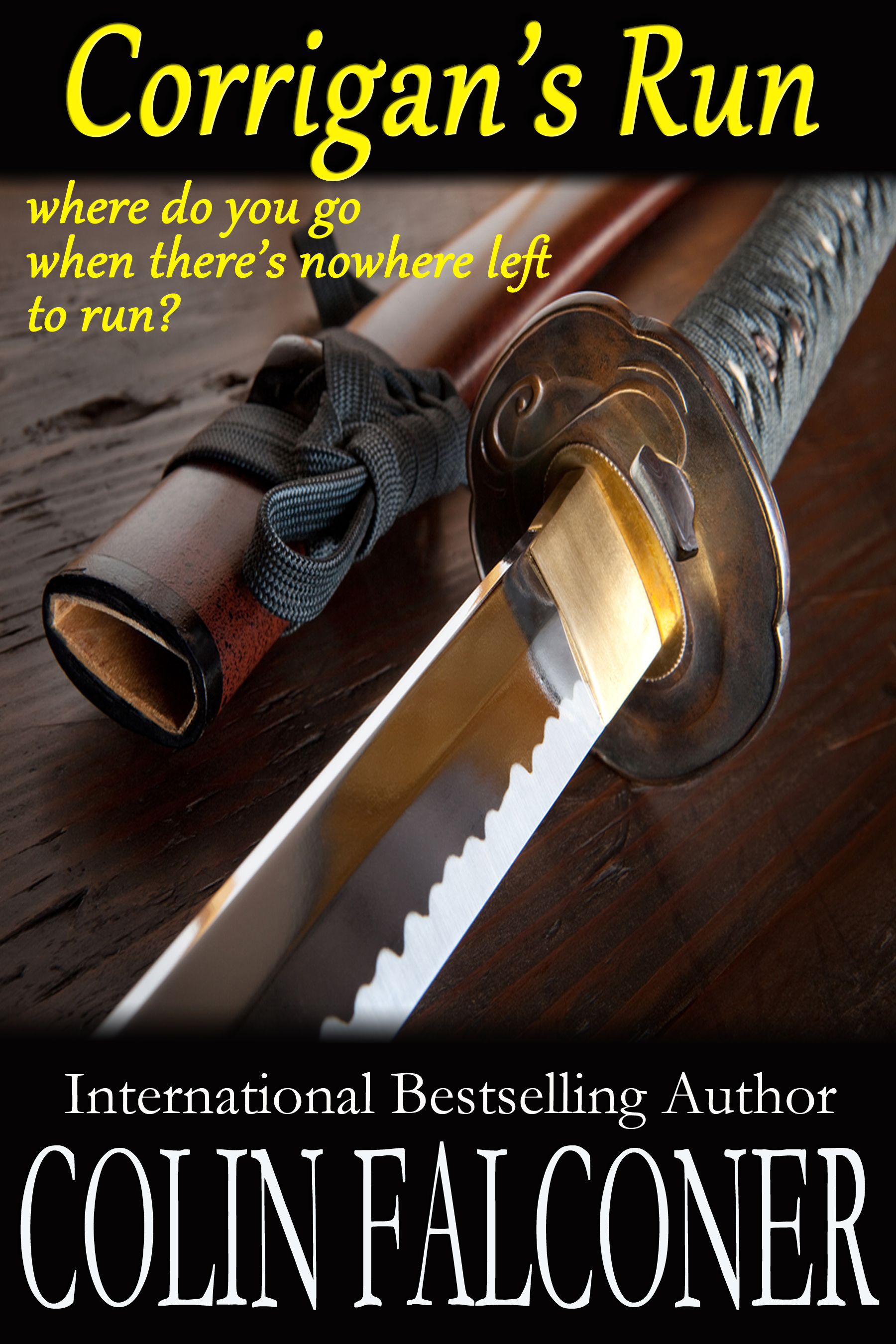
Alas, poor William, he was a good writer, Colin. After 400 years he is still creating drama. I am sure Shakespeare would love it. Wherever he is I'll bet he's smiling.
Part of why I chose to ignore the film is that, while the speculation is fascinating, none of it can negates the brilliance of the plays. If he wrote them, Kit Marlowe or whomever, really doesn't matter. Interesting theory about Prince Phillip by the way.
I am very impressed with this post. I was researching this very subject for a paper I am writing when I found this. After researching for a while I decided to see the movie just to compare pieces and to see if my feelings could be swayed a bit if I could familiarize names with actors faces and emotions. To sum up my opinions on the film, I and a friend of mine literally walked out of the theater laughing so loud the people in the top row could hear us. "Rubbish" is a good, simple way to describe the movie "anonymous." Your blog post will definitely be mentioned in my paper.
I was privileged to visit Stafford-Upon-Avon in good old Warwickshire, England. That was a very cool family trip. It's crazy to think how much one man could influence history after so many years.Interesting Colin.
Sorry to say, your review is uninformed. The film never says that only an aristocrat could have written the works. Neither have I ever heard any Oxfordian say that. This is simply a straw man argument that has no merit.The issue is not who could have written the works but who did. It is simply a question of evidence, not class. If you are looking for class distinctions, you have no further to look than the plays of Shakespeare.The heroes are all kings and noblemen while commoners are clowns and jesters with names like Spout and Bottoms. They exist only as comic relief.I would like to suggest that you read a book on the life of Edward de Vere and discover the evidence for his authorship. The evidence is circumstantial, as it is in the case of Shaksper of Stratford, but it is cumulative and ultimately very compelling.
I like the Prince Phillip idea. Hmmm…..